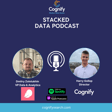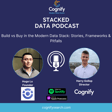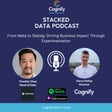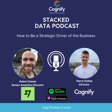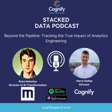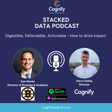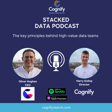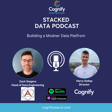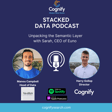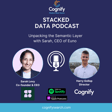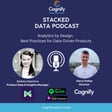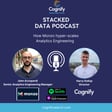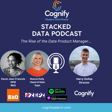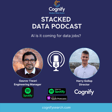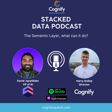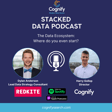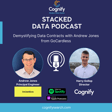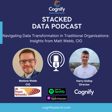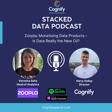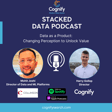
028 - Product Analytics - The Art of Event Tracking
In the world of app-based products, event tracking is the backbone of understanding user behaviour, engagement, and product success. But with so much data available, how do you decide what to track? How do you avoid over-tracking while ensuring your insights drive real business impact?
In this episode of the Stacked Data Podcast, I sit down with Matt R, Head of Data at Paired, to break down the art of event tracking—what to track, what to ignore, and how to ensure your analytics strategy is built for action, not overload.
🔥 𝕎𝕙𝕒𝕥 𝕎𝕖 ℂ𝕠𝕧𝕖𝕣:
✅ How to define and prioritize the “right” events to track
✅ Avoiding common pitfalls like over-tracking & inconsistent data
✅ Best practices for documentation, governance, and making event data actionable
✅ How to communicate the importance of tracking to non-technical teams
✅ Practical advice for setting up event tracking in mobile apps from scratch
Whether you’re a data professional, product manager, or startup founder, this episode will give you the framework to master event tracking and turn data into real insights that drive growth.
